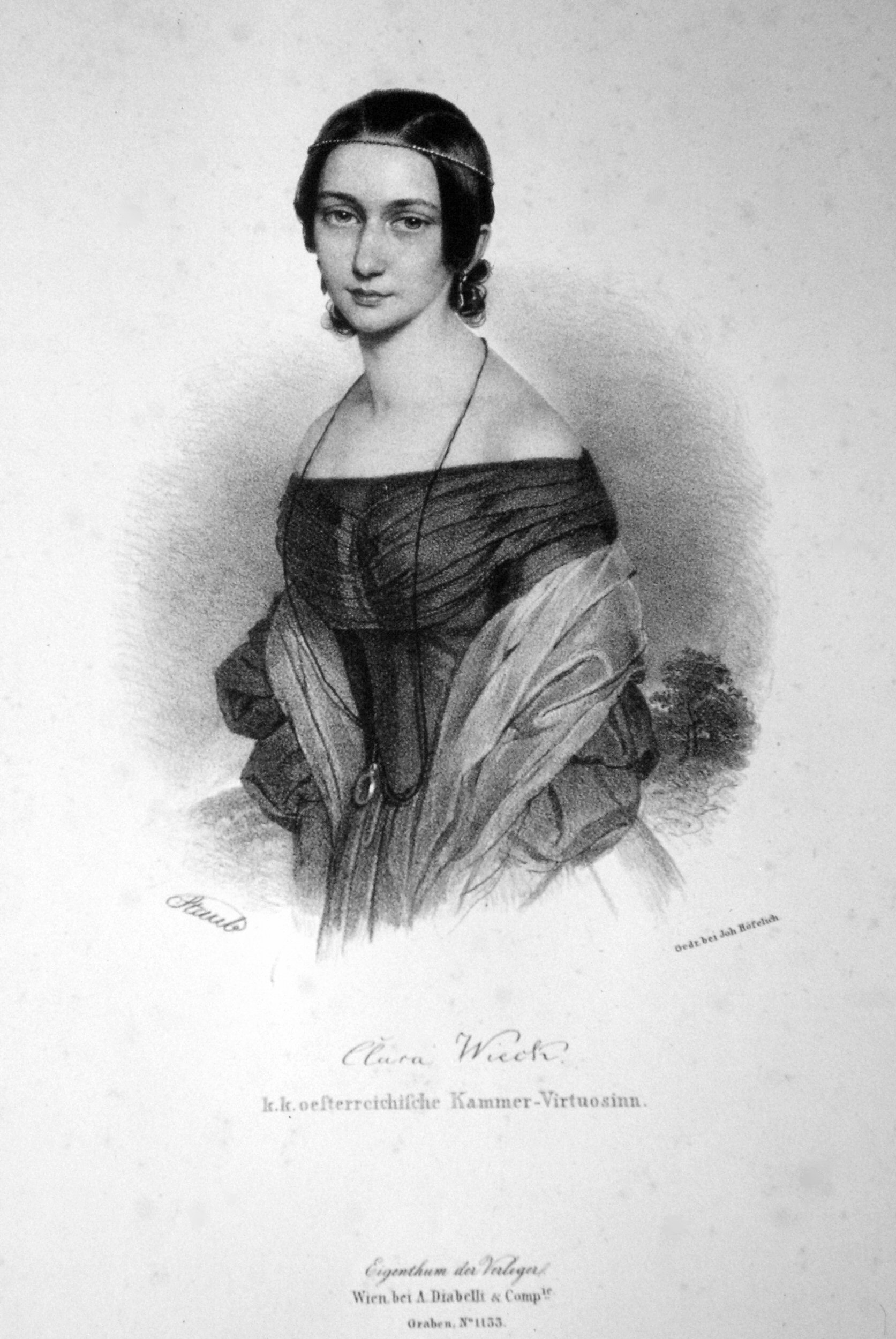History of Classical Music
- Introduction to Classical Music
- The Medieval Period (500-1400)
- The Renaissance Period (1400-1600)
- The Baroque Era (1600-1750)
- The Classical Period (1750-1820)
- The Romantic Period (1820-1900)
- The 20th Century (1900-2000)
- Modernism in Music
- Postmodernism in Music
- Women in Music
- Contemporary Music
- The Intersection of Classical Music & Pop Culture
Women in Music
Women Composers of the Romantic Period: Clara Schumann and Fanny Mendelssohn

German musician and composer.
The Romantic period in music, spanning from 1820 to 1900, was a time of great change and innovation. This era saw the rise of individualism, emotional expression, and a focus on the subjective, imaginative, and personal. It was also a time when societal norms began to shift, albeit slowly, allowing women to make their mark in the world of music. Two such women were Clara Schumann and Fanny Mendelssohn.
Clara Schumann
Clara Schumann (née Wieck) was not only one of the leading pianists of the Romantic era, but also a composer and music teacher. Born in 1819 in Leipzig, Germany, she was trained from a young age by her father, Friedrich Wieck. Clara's concert career spanned six decades, a remarkable feat for any musician, let alone a woman in the 19th century.
As a composer, Clara Schumann wrote a variety of works including piano pieces, chamber music, choral pieces, and songs. Her compositions, though not as numerous as her husband Robert Schumann's, are noted for their sophisticated musical structure and emotional depth. Her "Piano Trio in G minor, Op. 17" is considered one of her finest works, showcasing her ability to blend melody and structure in a deeply expressive manner.
Fanny Mendelssohn
Fanny Mendelssohn, older sister to the more famous Felix Mendelssohn, was a highly talented composer and pianist in her own right. Born in 1805 in Hamburg, Germany, she showed prodigious musical talent from a young age. However, societal norms and her family's attitudes towards women in music meant that her compositions were largely confined to the domestic sphere.
Despite these constraints, Fanny composed over 460 pieces of music, including piano works, chamber music, and songs. Her "Songs for Piano, Op. 8" are a testament to her lyrical gift and her ability to express a wide range of emotions through music. Her "String Quartet in E-flat major" showcases her skill in handling complex musical forms.
Fanny's music was largely unpublished during her lifetime, often appearing under her brother's name. It was only after her death that her music began to be recognized for its own merits.
Conclusion
The contributions of Clara Schumann and Fanny Mendelssohn to the Romantic era of music are significant. Despite the societal constraints of their time, they managed to create a body of work that continues to be performed and admired today. Their stories serve as a reminder of the often overlooked role of women in the history of classical music.